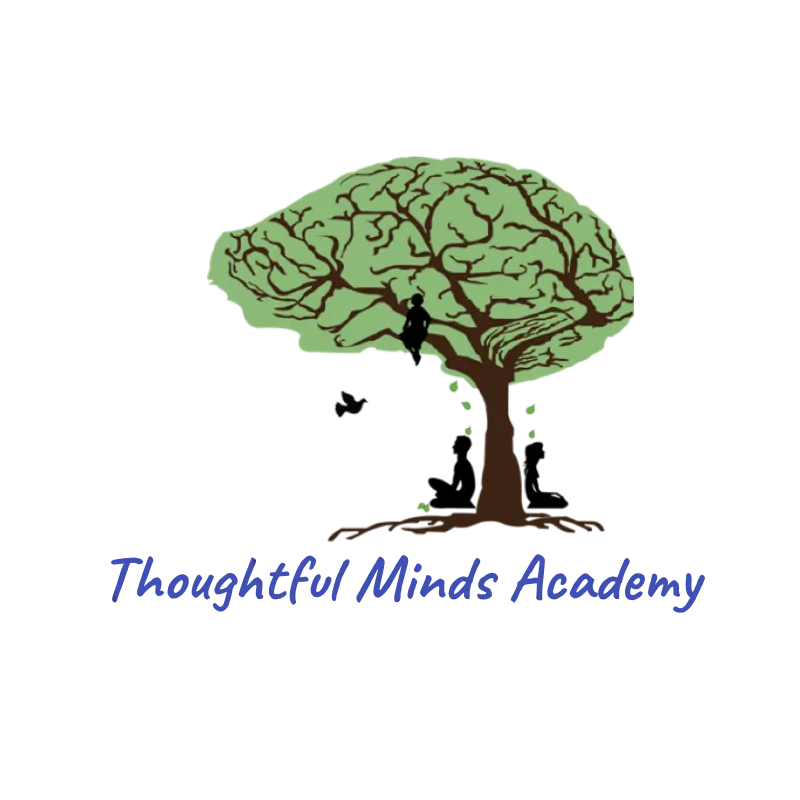See Our Latest Blogs
Want to know more....

Key Elements of Our Academy
“Not only are bloggers suckers for the remarkable, so are the people who read blogs.” - Seth Godin

Creating a successful special needs academy for adult autism involves several key factors that ensure a supportive, effective, and enriching environment. Here are the crucial elements:
1. Individualized and Flexible Curriculum:
- Tailored Educational Plans: Develop personalized learning plans that cater to the unique strengths, interests, and needs of each adult. This includes focusing on functional academics and life skills (Autism Society).
- Adaptability: The curriculum should be flexible enough to adapt to the evolving needs and goals of the individuals (National Autistic Society).
2. Qualified and Compassionate Staff:
- Specialized Training: Employ staff with specialized training in autism and adult education, including ongoing professional development (Autism Speaks).
- Empathy and Patience: Staff should exhibit high levels of empathy, patience, and a genuine commitment to understanding and supporting autistic adults (Autism Parenting Magazine).
3. Comprehensive Support Services:
- Therapeutic Services: Provide access to a range of therapies, including occupational therapy, speech therapy, and mental health counseling (Autism Society).
- Life Skills Coaching: Offer coaching in essential life skills such as time management, financial literacy, and independent living (Organization for Autism Research).
4. Community Integration and Social Skills Development:
- Community Involvement: Facilitate opportunities for community engagement and real-world experiences, such as volunteering and internships (Autism Speaks).
- Social Skills Training: Focus on developing social communication and interaction skills through structured programs and peer interaction (Autism Society).
5. Supportive and Inclusive Environment:
- Safe and Sensory-Friendly Spaces: Create an environment that accommodates sensory sensitivities and promotes safety and comfort (National Autistic Society).
- Inclusive Culture: Foster an inclusive culture where diversity is celebrated, and every individual feels valued and respected (Autism Parenting Magazine).
6. Parental and Family Involvement:
- Collaboration with Families: Involve families in the planning and progress review processes to ensure alignment with the individual's goals and needs (Organization for Autism Research).
- Support Networks: Provide resources and support for families, including counseling and educational workshops (Autism Speaks).
7. Outcome Measurement and Continuous Improvement:
- Regular Assessments: Implement regular assessments to monitor progress and adjust programs as needed (Autism Society).
- Feedback Mechanisms: Use feedback from students, families, and staff to continuously improve the quality and effectiveness of the programs (National Autistic Society).
Incorporating these elements can help create a successful and thriving special needs academy for adult autism, ensuring that each individual receives the support and opportunities they need to lead fulfilling and independent lives.
For more information, you can refer to the resources provided by the [Autism Society](https://www.autism-society.org/), [Autism Speaks](https://www.autismspeaks.org/), and [National Autistic Society](https://www.autism.org.uk/).

© 2025 Thoughtful Minds Holdings Sdn Bhd - All Rights Reserved
thoughtfulmindsacademy@gmail.com
012-882 6269